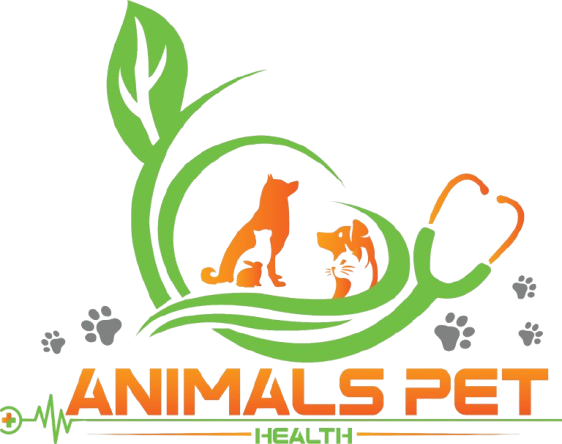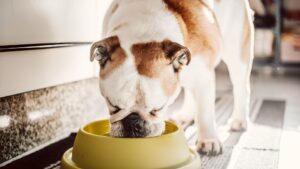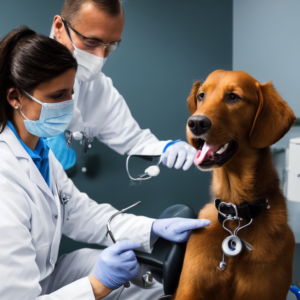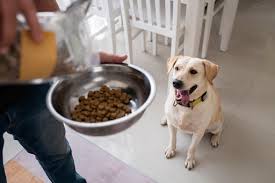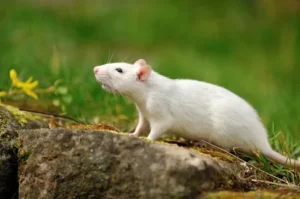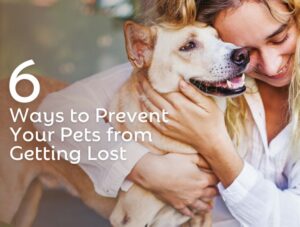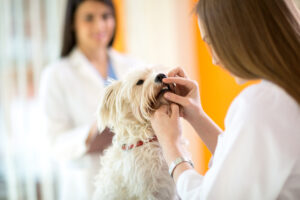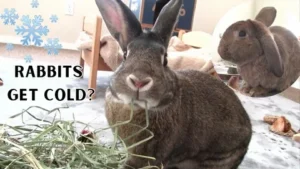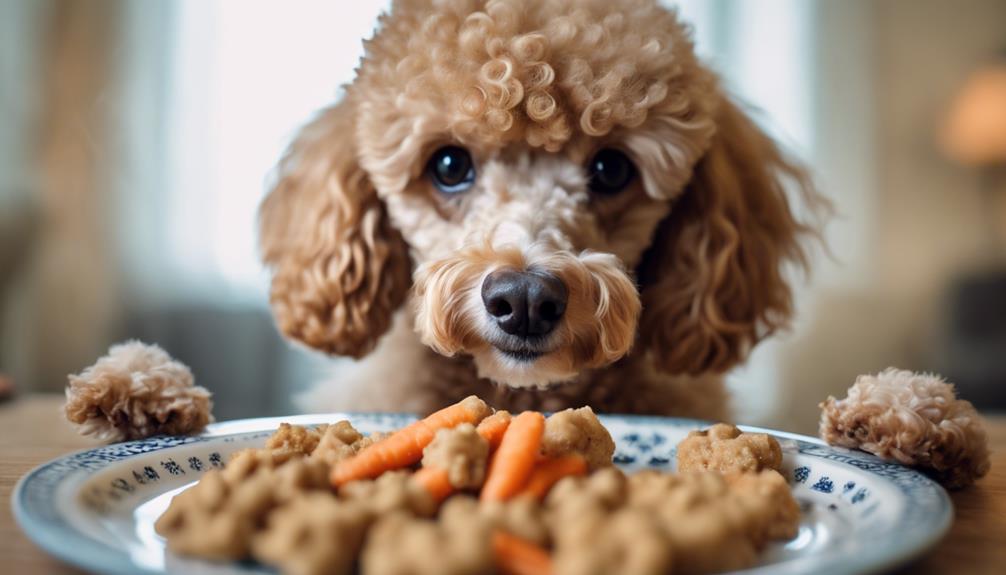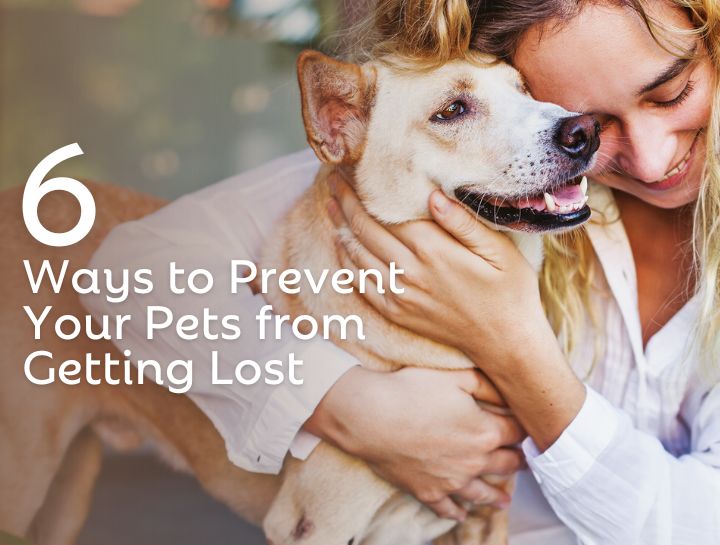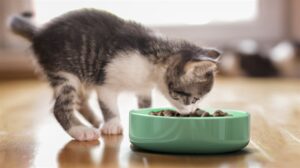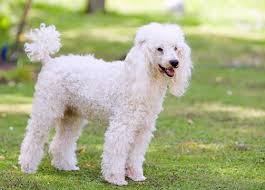Ever watched a little poodle jumping up and down in joy, wagging its tail and its eyes glowing? That spark is sparked by more than playtime — it begins with the right food. Whether your poodle is a pampered toy or a regal standard, the food that goes into her bowl matters; the right diet can provide an energy boost, a glossy coat, and even a lifted mood. In this guide, you’ll find the Best food for poodles and smart feeding tips to help you keep your fluffy companion living its life to the fullest daily.
Why Choosing the Best Food for Poodles Matters
It’s not just about filling up your Poodle, it’s about giving them a reason to keep glowing. The proper food keeps their coat soft, their energy high, and their wellness intact. Poodles are smart and sensitive; an inadequate diet can result in skin issues, low energy, or stomach issues. The best food for poodles their active life and contributes to that happy tale.
Understanding the Nutrition Needs of Poodles
Like many breeds, Poodles must have a good diet to remain happy, active, alert , and healthy. Their diet must comprise:
- Protein – Contributes to strong and active muscles.
- Good fats – Help keep a shiny coat and healthy skin.
- Carbs – These give them the energy needed to run and play.
- Vitamins and minerals – Maintain a healthy immune system.
- Fibre – It helps with digestion and keeps their tummy happy.
Types of Best Food for Poodles
There are several options for what to feed a poodle. All have pros and cons, depending on your dog’s age, health, and preference.
Dry Kibble Options
The dry kibble is the top dog food. It’s economical, convenient to store, and assists in cleaning your Poodle’s teeth. You want kibble made with real meat, not sugar or color additives,when shopping.
Wet Food Benefits for Poodles
Wet food has a stronger smell and flavor, and some picky Poodles will like it. Its higher water content makes it more hydrating. But it can go bad fast and is more expensive than dry food.
Raw Diet for Poodles
Some owners like to feed raw meat, offal, and bones. As a diet, it can be akin to more of a natural feeding, but it does require that you make the proper provisions to be sure that your Poodle is getting all the right nutrients. Raw diets should be fed only under the guidance of a vet.
Homemade Food – Yes or No?
When you prepare your Poodle’s meals, you have control over the ingredients. But out of balance, it can create nutrient gaps. Working with a vet nutritionist is a good idea if you want to prepare meals at home.
Freeze-Dried and Dehydrated Food Choices
These are newer and healthier options, alongside the convenience of dry food. Freeze-dried food retains more nutrients and can be rehydrated with water. It’s best for pet parents seeking a cleaner ingredient list.
Best Food for Toy Poodles, Miniature Poodles & Standard Poodles
Poodles of different sizes have different food requirements and nutritional needs.
Toy Poodles – What to Feed These Tiny Beauties
Toy Poodles are tiny and have very active metabolisms. They require protein-rich, little, nutrient-packed meals. Their small mouths likewise require smaller kibbles to comfortably chew.
Best Food for Miniature Poodles With Sensitive Stomachs
Miniature Poodles are prone to sensitive digestion. Choose foods with easily recognizable ingredients, such as chicken and rice. Stay away from corn, wheat, or artificial tastes and colors.
Nutritional Needs of Standard Poodles
Poodles are bigger and more active than Maltese. They require more calorie-rich, protein-rich, or healthy fat-rich food. On top of that, supporting their joints as they age (with ingredients like glucosamine) can be beneficial as well.
Best Food for Poodles With Allergies
If your Poodle is scratching, chewing their paws, or has loose stools, they could be having food allergies. If not, try switching to hypoallergenic formulas that avoid common triggers like beef, dairy, or wheat. Instead, feed fish- or lamb-based food with sweet potatoes or brown rice.
Feeding Tips: How to Serve the Best Food for Poodles
Here are two fantastic little tips you can start using:
Follow these two simple tips for better results:
- Split meals into two portions per day
Feed once in the morning and once in the evening. This helps reduce the risk of bloating and improves digestion. - Introduce new food slowly.
Mix a small amount of new food with the old food over 5–7 days. Sudden changes can upset their stomach.
Best Food for Poodle Puppies
Puppy Poodle is growing and requires special precautions. Even poodle puppies grow very quickly, and they need extra attention. Select puppy food that contains plenty of protein, DHA for brain development, and calcium for strong bones. Feed them 3–4 times daily to help maintain energy and development.
Best Food for Senior Poodles
Poodles require fewer calories, but more support as increased age. Choose senior dog food with glucosamine for joints, omega-3s for skin, and fiber for gentle digestion.
Human Foods That Are Safe and Unsafe for Poodles
While not all human food is harmful to dogs, some human food is extremely toxic.
Safe treats (in small amounts):
- Boiled chicken
- Cooked carrots
- Blueberries
Dangerous foods:
- Chocolate
- Grapes and raisins
- Onions and garlic
Be sure to always double-check before sharing your food with your dog.
Signs Your Poodle Isn’t Getting the Right Food
Watch for warning signs like:
- Boring coat or shedding too much
- Lethargy or hyperactivity
- Frequent diarrhea or vomiting
- Itchy skin or ear infections
They may also indicate suboptimal nutrition or allergies. In that situation, ask your vet and switch the food.
Conclusion
The easiest way to show love is by feeding your Poodle well. Whether you prefer kibble, Animalspethealth wet food, or home cooking, ensure it is appropriate for their situation. Monitor for signs of discomfort and modify if necessary according to your Poodle’s age, size, and general condition.
FAQs
What is the recommended feeding frequency for an adult Poodle?
Two times a day is perfect — once in the morning and once at night.
Can Poodles have eggs or chicken?
Yes, they are both healthy and safe to eat when cooked.
What is the best dry food for picky Poodles?
Seek out kibble that lists meat first as an ingredient and includes natural flavors.
Can Poodles eat grain-free food?
They work well for dogs with allergies, but not all Poodles need them.
Can I combine wet and dry food for Poodles?
Mixing both can provide the best textural and flavor worlds if executed expertly. Otherwise, just reduce portion size so that you avoid overfeeding.
Call to Action
Do you want to keep your Poodle in good health? Switch to the best food for Poodles today—and give your Poodle the treatment they need!
